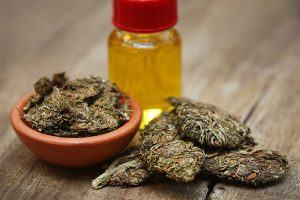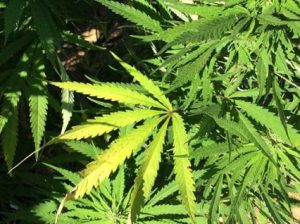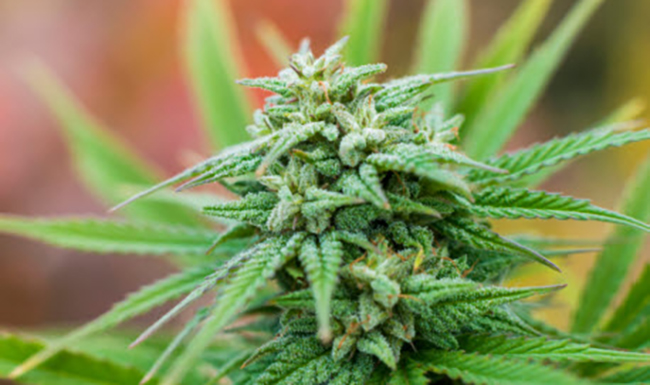 Marijuana legislation in the United States is constantly changing. Laws vary from state to state and are more nuanced than the two most common labels — medical and recreational. Federally, marijuana is illegal and a Schedule I substance under the Controlled Substances Act. This means marijuana has no accepted medical use and a high potential for abuse. Understanding marijuana use statutes is important because its use, cultivation, and distribution can impact the general public, including the workforce.
Marijuana legislation in the United States is constantly changing. Laws vary from state to state and are more nuanced than the two most common labels — medical and recreational. Federally, marijuana is illegal and a Schedule I substance under the Controlled Substances Act. This means marijuana has no accepted medical use and a high potential for abuse. Understanding marijuana use statutes is important because its use, cultivation, and distribution can impact the general public, including the workforce.
Medical use
Medical use is the most common reason why states pass marijuana legislation. Some physicians suggest medical marijuana for treatment of conditions such as pain, epilepsy, nausea from chemotherapy, loss of appetite from chronic illnesses, and Crohn’s disease.
Marijuana edibles and products
The psychoactive chemical in marijuana, delta-9-tetrahydrocannabinol (THC), comes in many forms that vary in potency. States that have passed medical marijuana laws also add stipulations that govern the way residents consume the drug. For example:
- Minnesota only allows liquid extract medical marijuana products according to National Conference of State Legislatures.
- New York allows medical products with 10 mg or less of THC and the drug cannot be smoked according to National Conference of State Legislatures.
- West Virginia says that whole marijuana flower cannot be smoked, only vaporized and inhaled when used for medical reasons according to National Conference of State Legislatures.
- Alaska, California, Colorado, Massachusetts, Nevada, Vermont, and Washington allow the possession of recreational marijuana up to one ounce, according to Rolling Stone.
- Massachusetts legalized recreational marijuana; however, dispensaries were unable to open until July of this year, according to the Boston Globe.
- In nine states and Washington D.C., recreational marijuana is legal for anyone 21 years or older, according to Business Insider.
Cannabis cultivation
The marijuana industry has fluctuating state laws that regulate marijuana production and distribution. Additionally, growing cannabis is a new arena and continues to be unregulated. According to Rolling Stone, Arizona has no laws that require testing of marijuana before selling the product to the public. This lack of regulation can put users at greater risk of illness due to contaminated marijuana.
Decriminalization of marijuana possession
Some states have shifted to decriminalization or reduced sentencing as consequences for marijuana possession. According to Vox, there are four states that do not penalize possession of small amounts of marijuana with jail time: Nebraska, Missouri, Mississippi, and North Carolina.
One in five Americans is currently living in a state where marijuana is legal, according to a Brooking Institute study. Keeping up with laws surrounding marijuana is important to a substance abuse policy that helps to maintain a safe, drug-free workplace.
For more information on state marijuana laws, visit the National Conference of State Legislatures.
To learn more about marijuana, visit our website.
 Your Privacy Choices
|
Privacy Notices
|
Terms
|
Language Assistance / Non-Discrimination Notice | Asistencia de Idiomas / Aviso de no Discriminación | 語言協助 / 不䈚視通知
Your Privacy Choices
|
Privacy Notices
|
Terms
|
Language Assistance / Non-Discrimination Notice | Asistencia de Idiomas / Aviso de no Discriminación | 語言協助 / 不䈚視通知


















Medical use
Medical use is the most common reason why states pass marijuana legislation. Some physicians suggest medical marijuana for treatment of conditions such as pain, epilepsy, nausea from chemotherapy, loss of appetite from chronic illnesses, and Crohn’s disease.
Marijuana edibles and products
The psychoactive chemical in marijuana, delta-9-tetrahydrocannabinol (THC), comes in many forms that vary in potency. States that have passed medical marijuana laws also add stipulations that govern the way residents consume the drug. For example:
Cannabis cultivation
The marijuana industry has fluctuating state laws that regulate marijuana production and distribution. Additionally, growing cannabis is a new arena and continues to be unregulated. According to Rolling Stone, Arizona has no laws that require testing of marijuana before selling the product to the public. This lack of regulation can put users at greater risk of illness due to contaminated marijuana.
Decriminalization of marijuana possession
Some states have shifted to decriminalization or reduced sentencing as consequences for marijuana possession. According to Vox, there are four states that do not penalize possession of small amounts of marijuana with jail time: Nebraska, Missouri, Mississippi, and North Carolina.
One in five Americans is currently living in a state where marijuana is legal, according to a Brooking Institute study. Keeping up with laws surrounding marijuana is important to a substance abuse policy that helps to maintain a safe, drug-free workplace.
For more information on state marijuana laws, visit the National Conference of State Legislatures.
To learn more about marijuana, visit our website.